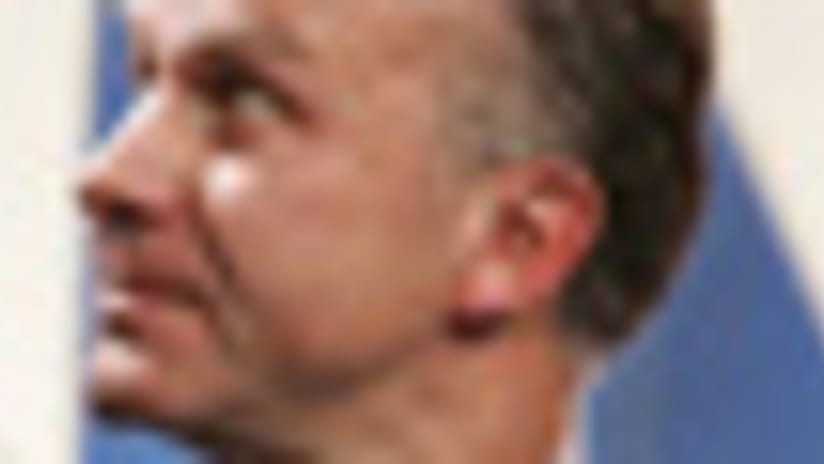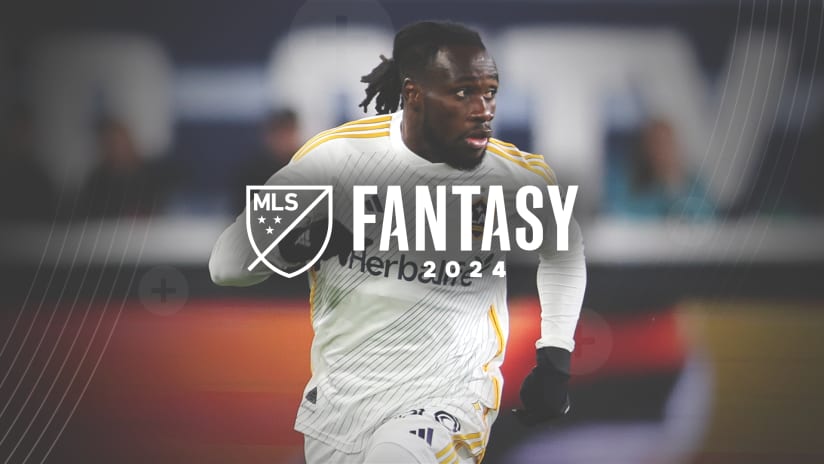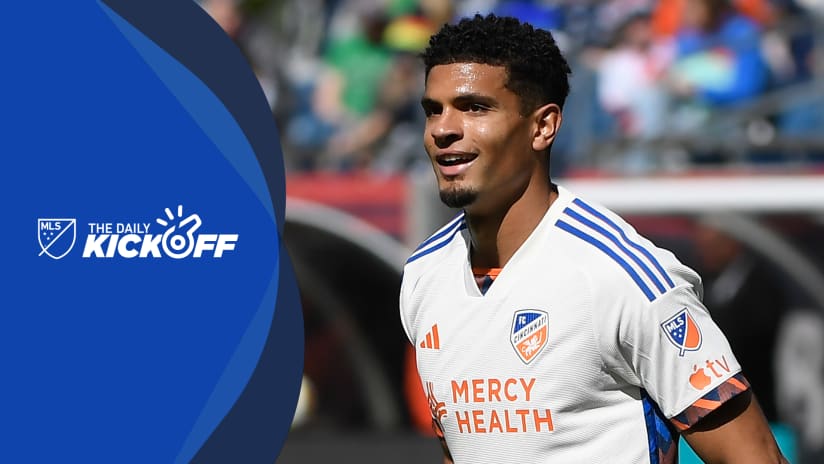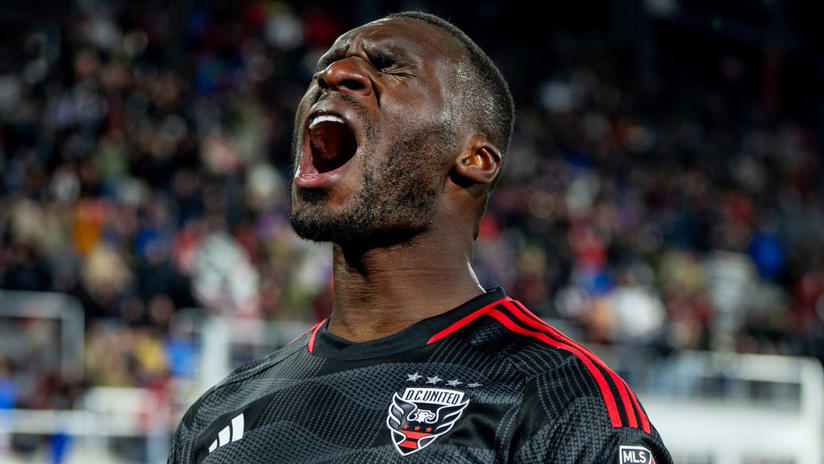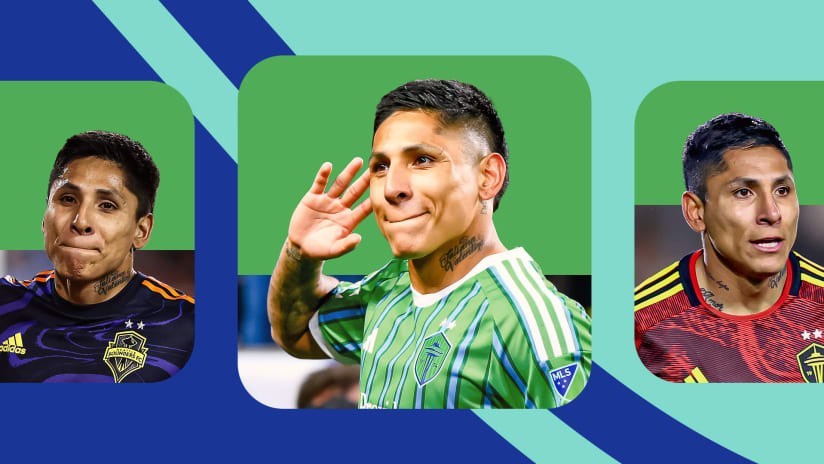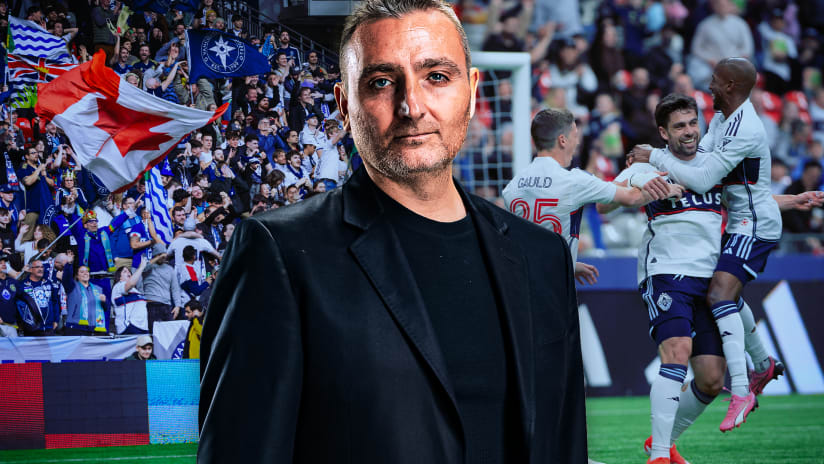NYON - Football clubs are to be compensated for letting their players appear in the final stages of the European Championships and World Cup.
The payments are to begin at Euro 2008 in Austria and Switzerland this summer and will see tournament organiser UEFA pay clubs £2,970 (4,000 euros) for each day a player is involved in the latter stages.
The cash will be shared among any clubs a player has been with in the two years prior to the tournament.
Therefore, should a player move in that time it means their former club would still be compensated for his participation in a qualifying campaign.
The deal was announced by UEFA president Michel Platini at the launch of the European Club Association, a body which will replace the elite G14 pressure group and unite Europe's wealthiest clubs, UEFA and the world governing body FIFA in an unprecedented peace treaty.
Platini said: "It was utterly unthinkable to me that players could not be released by their clubs for international tournaments. But it was also logical to give clubs some kind of compensation and a share of the profits."
Karl-Heinz Rummenigge, the chairman of the new ECA and former West Germany international, said: "This is a day of reunification for the football family. It is very much down to Michel Platini because he has propounded the principle of giving and sharing."
UEFA have set aside £32.3million (43.5million euros) in compensation for clubs at Euro 2008 and a further £41million (55million euros) for the 2012 tournament to be played in Poland and Ukraine.
Platini announced that FIFA would be contributing a combined total of £56.6million (US dollars 110million) for the 2010 World Cup in South Africa and the 2014 event in Brazil.
The France legend said: "There is a new generation of people leading football organisations and clubs who have come from football and not politics. I believe football is going to change."
Platini said the money would not necessarily go to all the top clubs, and that had compensation been paid at Euro 2004 in Portugal the best-rewarded clubs among 150 across Europe would have been Benfica of Portugal and Greek side Panathinaikos, while a French Division Six club with a Togo international would have received money from the 2006 World Cup.
However, the move will be seen as a resounding victory for Europe's top clubs who had formed the G14 in September 2000 to lobby for more power and greater rewards from the way football was run.
Manchester United and Liverpool were among the original 14 while Arsenal were invited to join in 2002 when it expanded to 18 clubs.
The G14 will now disband at their final meeting on February 15 and bring to an end three court actions against FIFA regarding compensation for players injured on international duty.
Peter Kenyon, the Chelsea chief executive who will be one of six members of the transitional board of the ECA, said: "It is a historic day, and without Michel it would not have happened.
"He has been critical to understanding the needs and importance of club football, and his relationship with FIFA has been paramount to reaching an agreement."
It was also met with enthusiasm by Peter Lawwell, the Celtic chief executive, who said: "There is a very positive sense of optimism about the meeting today.
"Platini is a young guy and he promises a lot of stability for the future. He is clearly embracing the clubs and I'm sure our voice will be heard louder than it has in the past."
Platini also announced changes to the international football calendar, with talks held to bring the African Nations Cup closer to a summer date from the 2016 tournament.
International games played after a weekend fixture will also be moved to a Tuesday instead of Wednesday so that players will return to their clubs sooner for domestic matches the following weekend.

